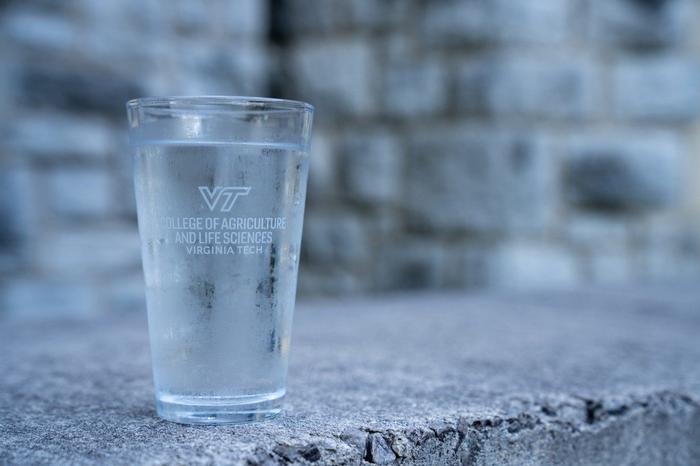Adequate water intake is essential for human health and well-being. But around the world, the consumption of sugary beverages has risen and accelerated health challenges including obesity, Type 2 diabetes, heart disease and tooth decay.
Adequate water intake is essential for human health and well-being. But around the world, the consumption of sugary beverages has risen and accelerated health challenges including obesity, Type 2 diabetes, heart disease and tooth decay.
Virginia Tech researchers studied the comprehensiveness and clarity of healthy beverage guidelines for countries that enacted sugary beverage tax legislation from 2000-23. They analyzed the text and graphic recommendations in national dietary guidelines from various countries to see how they encourage people to replace sugary drinks such as soda with water.
Drinking healthy beverages, such as water, instead of sugary drinks helps reduce the risk of obesity and other health problems. The researchers designed an innovative tool that assigns a healthy hydration recommendation score that governments can use to improve their message clarity, justification, actionability, specificity, and visual content to encourage healthier hydration and discourage sugary beverage intake.
“It’s important for us to understand how sugary beverage tax legislation is aligned with national food-based dietary guidelines that promote water and other healthy beverages such as milk and 100 percent juice,” said Nicole Leary, the lead researcher on the project and a Ph.D. candidate in the Department of Human Nutrition, Foods, and Exercise. “We looked at how robust dietary guidelines could complement other policy, system and environmental change strategies for governments to promote policy coherence and socially normalize water as the default healthy beverage.”
The researchers recommend that governments develop and promote strong healthy hydration recommendations to reduce health risks for populations globally.
Additional recommendations include the following:
- Drink at least eight glasses of water a day.
- Limit the intake of sugary beverages, including soda, fruit drinks, energy drinks, and sport drinks.
- Enact taxes on sugar-sweetened beverages and earmarking the revenue for health-promotion programs and media campaigns that encourage drinking water.
- Limit the intake of artificial and zero-calorie sweeteners.
The research was recently published in Nutrients and funded in part by Vivica Kraak’s United States Department of Agriculture (USDA) National Institute for Food and Agriculture Hatch Research Project.
Of the 93 countries that had targeted sugary beverage taxes in 2023, 58 countries had food-based dietary guidelines. After examining the data further, the researchers found that 48 of the countries had complementary messages that encouraged water and discouraged sugary beverages.
The researchers ranked the countries, using a healthy hydration recommendation score ranging from 0-12. The score factored in message clarity, access, justification, actions, specificity, and visual content of the guidelines.
“We need to be actively promoting people drinking water at each meal,” said Kraak, associate professor in human nutrition, foods, and exercise and the senior researcher on the paper. “When governments develop policies, they should ensure that national dietary guidelines align with and support a national sugary beverage tax. Our study has important implications for United Nations organizations including the Food and Agriculture Organization and World Health Organizations to provide countries support to develop culturally adapted, evidence-informed dietary guidelines that encourage healthy hydration, and normalize clean, safe, and free water as the beverage of choice.”
Journal
Nutrients
Article Title
An Evaluation of Healthy Hydration Recommendations for 93 Countries with Sugary Beverage Tax Legislation Globally, 2000–2023
Article Publication Date
30-May-2024





